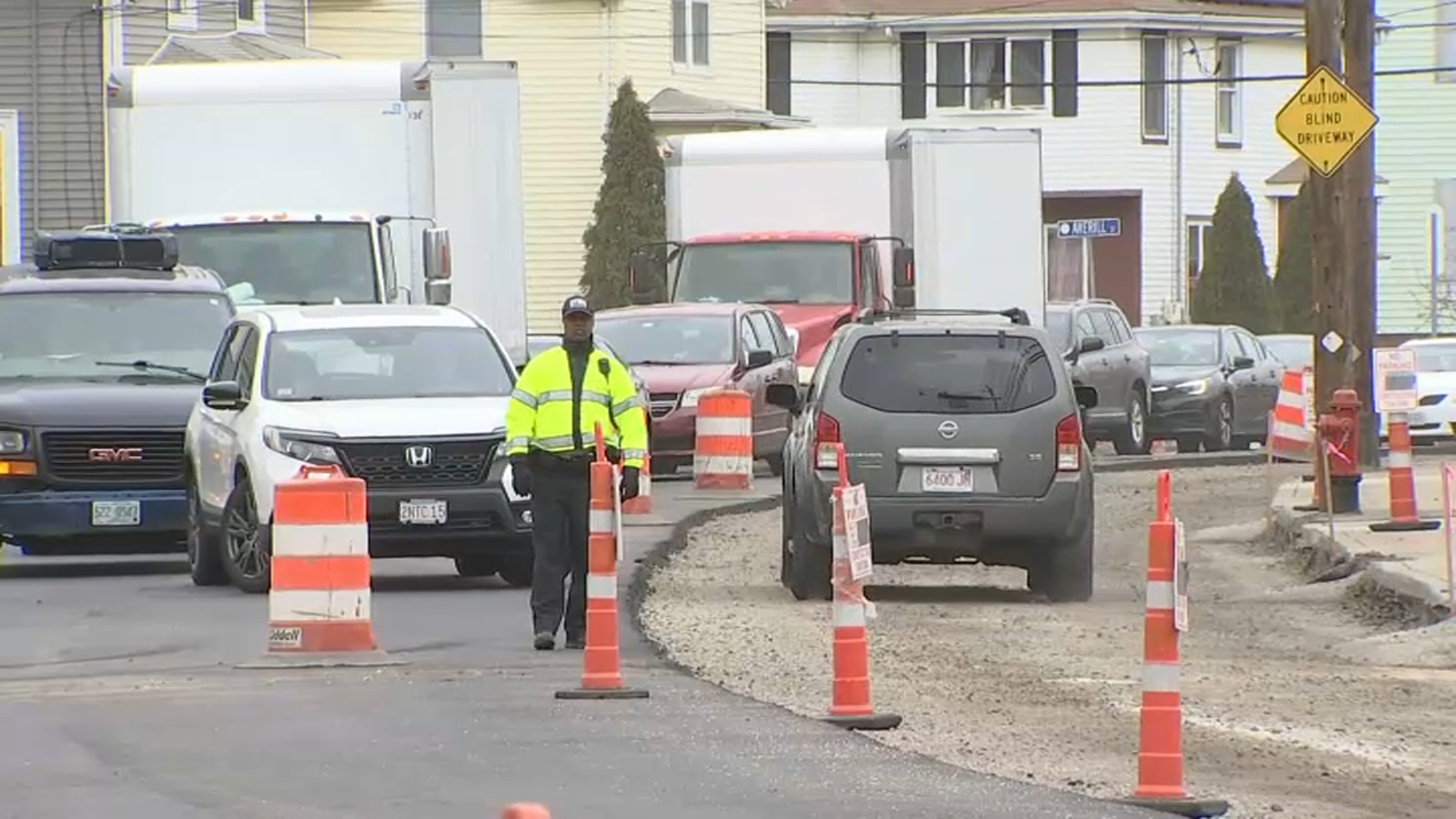
Manufacturers and retailers in Massachusetts will be banned from selling or importing covered products like bedding, furniture, children's products, window treatments and carpeting that contain 11 flame-retardant chemicals under legislation signed Friday by Gov. Charlie Baker.
The new law, which does not apply to inventory manufactured prior to Dec. 31, 2021, was celebrated by supporters who have pushed for its passage for years by arguing the chemicals can cause cancer and also are ineffective at slowing down fires.
In a tweet, Sen. Cynthia Creem said she filed flame retardants legislation eight years ago and called its passage a "great start to 2021" and an important way to protect children and first responders from "harmful chemicals." When products containing the chemicals burn, Creem has said, they create "toxic smoke."
The Professional Fire Fighters of Massachusetts thanked Creem and Rep. Marjorie Decker of Cambridge for their work on the bill.
"This is a massive step forward in protecting our residents and first responders in Massachusetts from the dangers of these toxic chemicals associated with flame-retardant products," union president Richard MacKinnon Jr. wrote in a message to members.
Last week, in his push for Baker to sign the bill, MacKinnon argued that numerous firefighters in Massachusetts over the last two years have died from various forms of cancers, and dozens more have received cancer diagnoses. He called the bill a "direct result of the significant scientific data that has come to light over the last several years proving the link between flame retardant chemicals and cancer."
Decker said on Twitter that Baker had chosen to stand with science, children and firefighters in choosing to sign the bill. According to Decker, the banned flame retardants have been linked to cancer, neurological disorders, and other serious health outcomes, with firefighters, children and pregnant people at particularly high risk.
Local
Janet Domenitz, executive director of MASSPIRG, joined Clean Water Action last week in saying the chemicals are not effective in curbing fires.
"This bill is two wins in one: it gets rid of 'flame retardants' that don't slow down fires anyway, and adding insult to injury they are made of -- and release -- toxic chemicals. It's way past time to ban them, literally for good," Domenitz said.
According to the bill, regulations governing its implementation will be assembled by the state Department of Environmental Protection, which may establish a labeling program for covered products that meet fire safety standards and do not contain any of the chemical flame retardants banned under the new law.
The department, working with the Toxics Use Reduction Institute at the University of Massachusetts Lowell and others, is also directed under the new law to recommend at least every three years additional chemical flame retardants that should be prohibited based on certain criteria. The chemicals banned under the bill include Tris, Antimony trioxide, Hexabromocyclododecane, Chlorinated parrafins, PentaBDE, and others.
The bill also lays out a civil penalty schedule that makes manufacturers and retailers subject to a fine of not more than $100 per covered product, not to exceed $5,000, for a first violation; a fine of not more than $250 per covered product, not to exceed a total of $25,000, for a second violation; and a fine of not more than $1,000 per covered product, not to exceed a total of $50,000, for third and subsequent violations.



